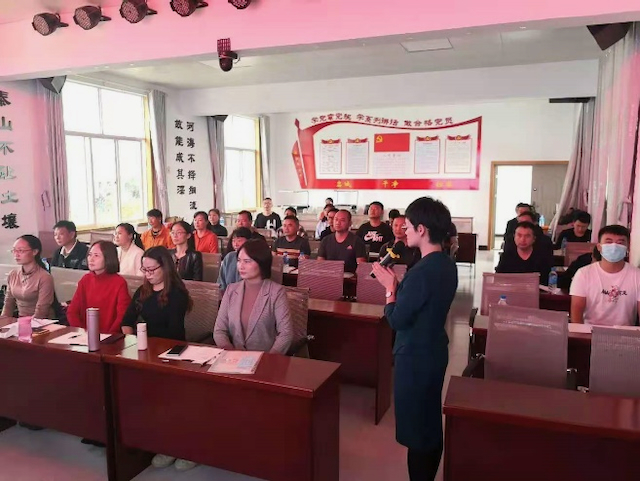An introduction to Chinese tea culture ceremony by Madame Qīng Yī from Dali, Yunnan
Feb 06 -2021
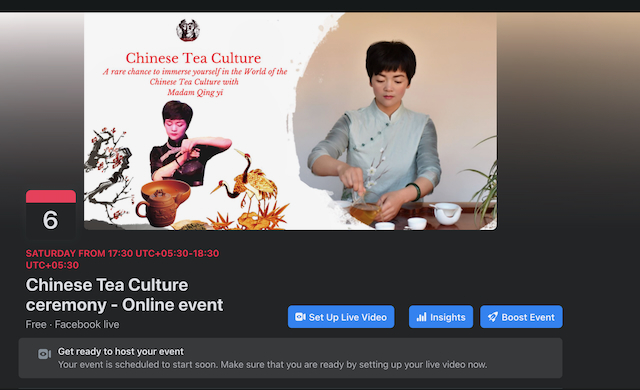
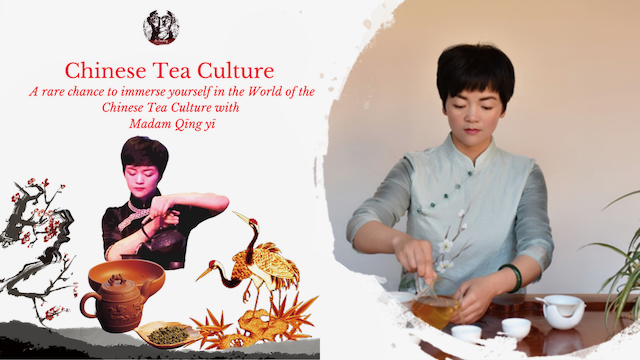
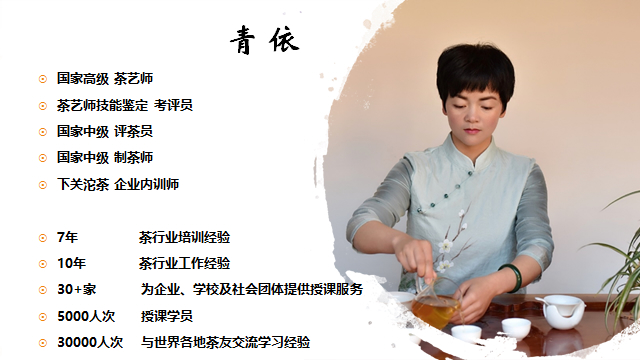
Preparation for the tea ceremony requires certain steps. Our event will give a brief introduction to begin the proper tea ceremony preparation. Madam Qing Yi is a Chinese tea connoisseur, a certified expert on tea culture and ceremony. Madam Yi won the 2019 China National excellence award in Chinese tea connoisseur and is a China National Intermediate level tea master, she is also China’s National Tea master skill examiner. Madam Yi has experience of over 10 years in the field of Chinese tea culture. She graduated with a bachelor’s degree in journalism in 2009 from Dali University. Because of her love for Chinese tea culture, she joined the Xiaguan Tuocha and currently working as a senior master trainer in Chinese tea etiquette and culture.
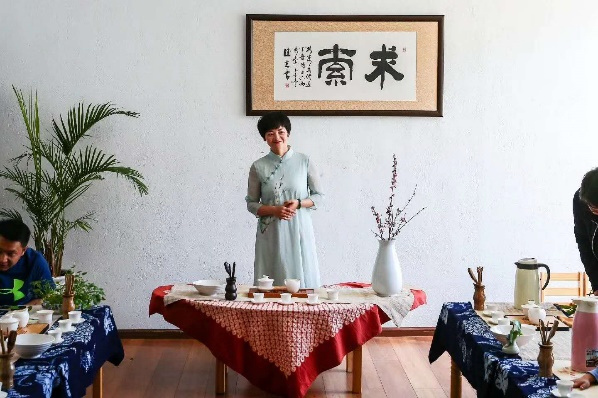
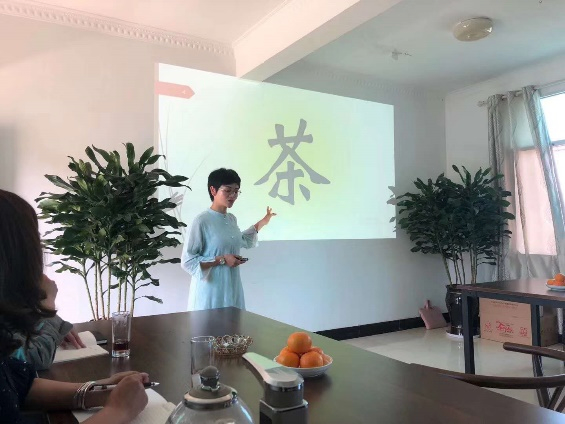
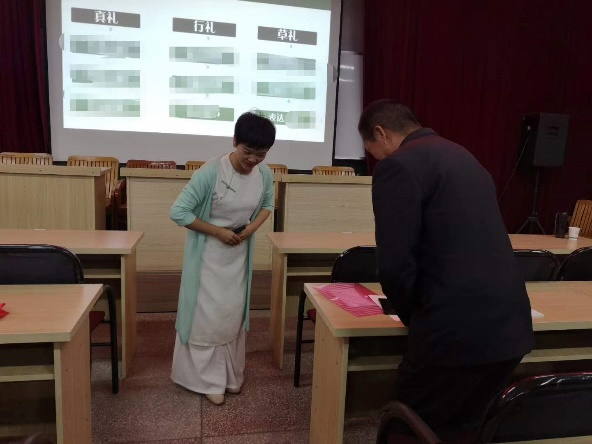
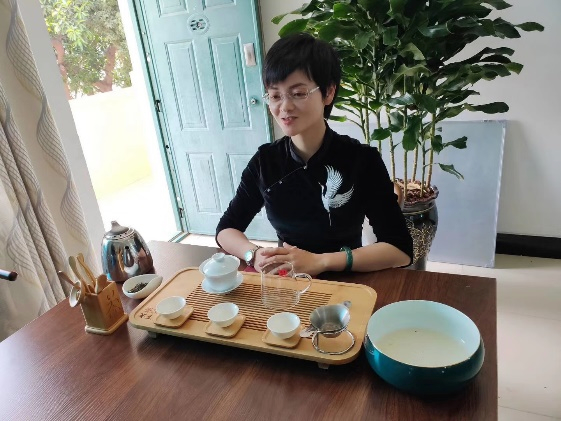
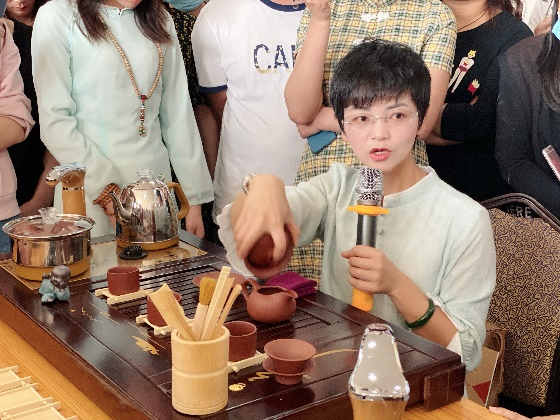
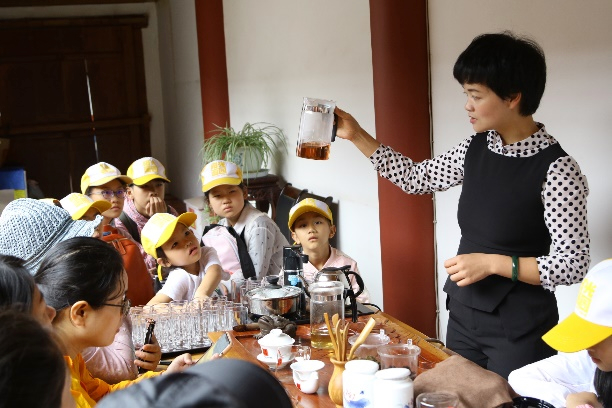
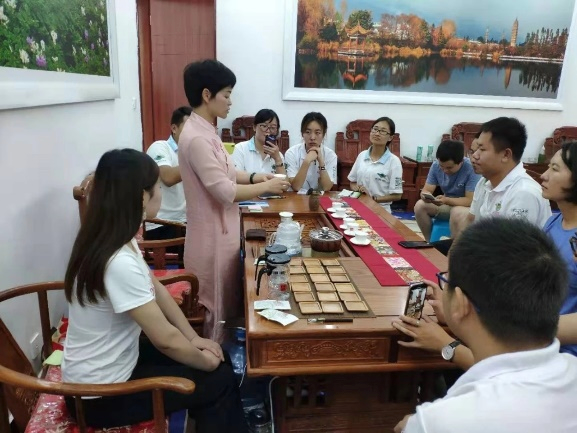
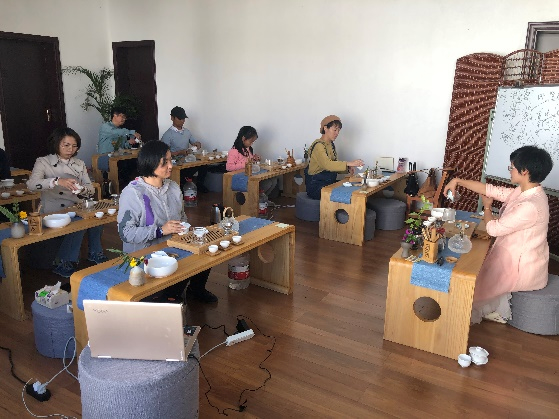
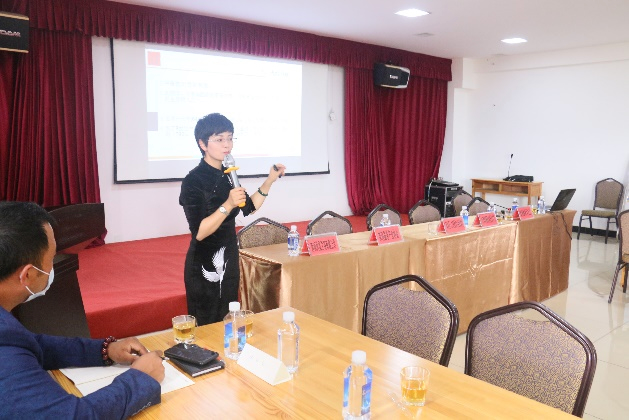
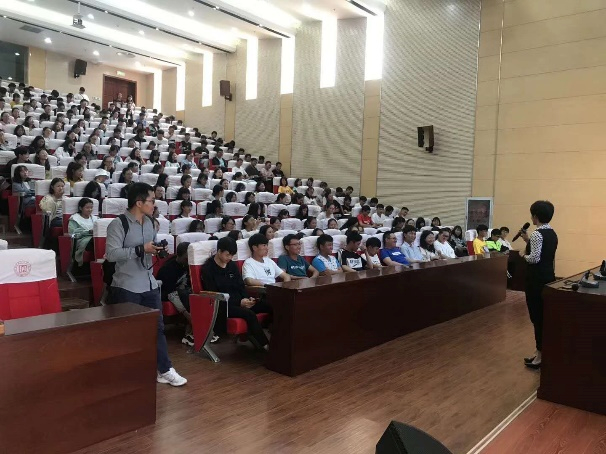

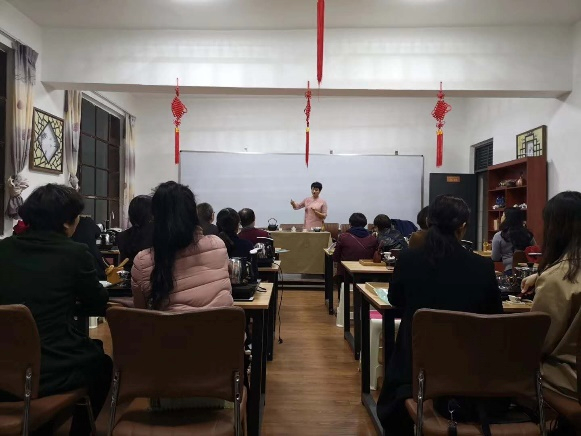
Chinese tea culture is a long-standing tradition that dates back thousands of years. The tea ceremony, known as the “Way of Tea,” is a ritual that involves the preparation, serving, and drinking of tea. It is considered an art form in China and is steeped in symbolism and etiquette. The tea ceremony is often performed in a tea room or tea house, which is designed specifically for this purpose. The tea master, who is highly trained and experienced, performs the ceremony and serves the tea to guests. The ceremony is typically performed using green tea, but other types of tea such as oolong and black tea can also be used. The tea ceremony is considered a way to promote harmony, balance, and relaxation.
Tea has played a significant role in Chinese history and culture for thousands of years. It was first used as a medicinal drink, but over time it became a beverage enjoyed by people from all walks of life. The tea trade also played a significant economic role in Chinese history. During the Tang Dynasty, tea was considered a luxury item and was heavily taxed.
The tea trade routes, such as the ancient Tea Horse Road, played an important role in connecting China to the rest of Asia and beyond. The tea ceremony is often performed in a tea room or tea house, which is designed specifically for this purpose. Tea culture and the tea ceremony have also played a significant role in the development of Chinese philosophy, literature and art. Many famous Chinese poets and painters have written and painted about tea.
The tea culture also played an important role in Chinese Buddhism, as tea was considered a way to keep the mind alert and awake during long periods of meditation. Tea has played a significant role in Chinese history and culture, both economically and socially. It has been an important part of daily life for Chinese people for thousands of years, and has also played a role in the development of Chinese philosophy, literature, and art.
Tea has played a significant role in the cultural relations between India and China. Both countries have a long history of tea cultivation and consumption, and the trade of tea has played an important economic role in their relationship.
The tea trade routes, such as the ancient Tea Horse Road, played an important role in connecting China to the rest of Asia, including India. In the 19th century, British colonizers began to grow tea in India as a cash crop, and India soon became one of the largest tea producers in the world.
The cultural exchange of tea has also played a role in the relationship between the two countries. Indian chai, a spiced tea made with milk and sugar, has become popular in China, while Chinese tea culture and the tea ceremony have also influenced India. Tea ceremonies and tea culture have been incorporated into Indian society, and Indian people have begun to embrace the Chinese tea culture.
In recent times, India and China have also jointly organized tea festivals and exhibitions to promote their tea culture and strengthen cultural ties. The two countries have also been working together to promote the export of their teas to other countries.
Tea has played a significant role in the cultural relations between India and China, both through trade and cultural exchange. The shared history and culture of tea have brought the two countries closer together and have played a role in promoting mutual understanding and cooperation.




